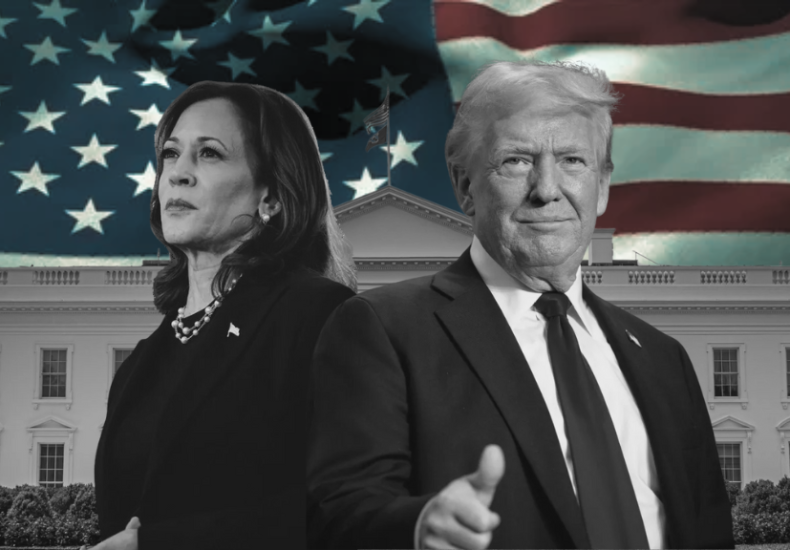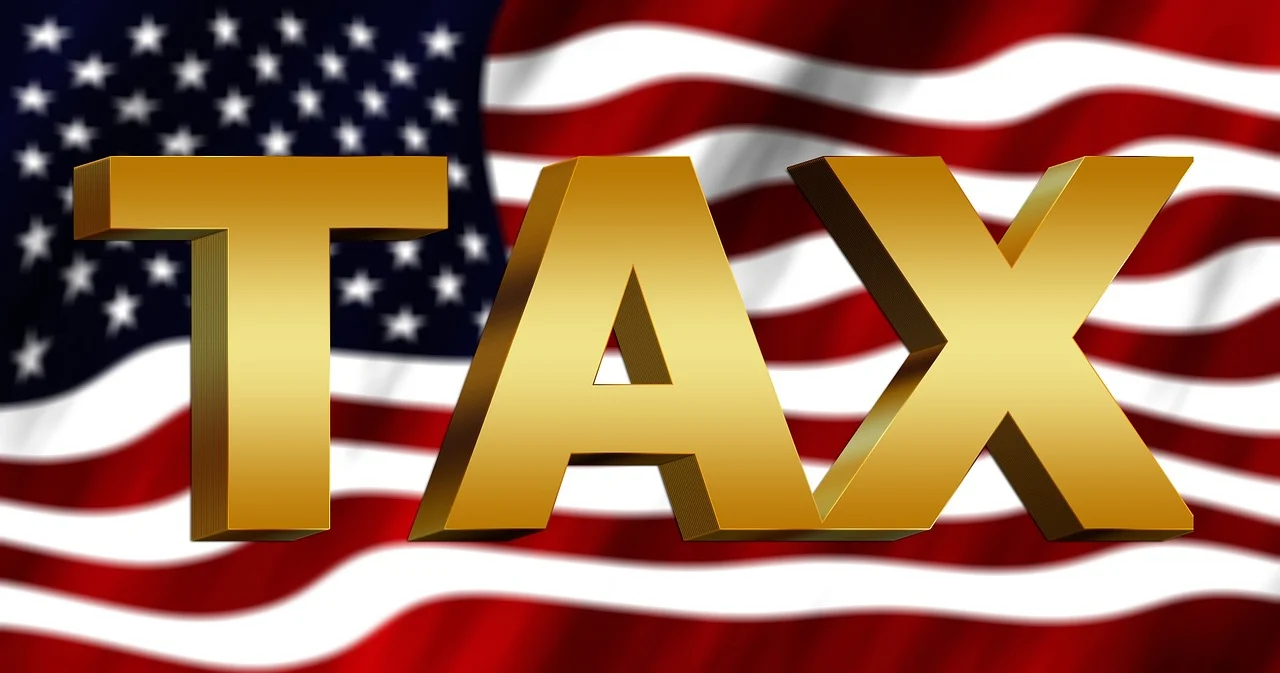
The policies of Harris and Trump

American voters will face a clear choice for president on election day, between Democratic Vice-President Kamala Harris and Republican Donald Trump.
Here’s a look at what they stand for and how their policies compare on different issues.
INFLATION

Both Harris and Trump have their own ways of dealing with this long-standing problem.
So many families are struggling during difficult times due to the massive inflation that has occurred until now, this makes both candidates look for a solution in this problem.
Let’s see what they can do to solve this long-standing problem
Harris has said before that her priority would be trying to reduce food and housing costs for working families.
She promises to ban price-gouging on groceries, help first-time home buyers and provide incentives to increase housing supply.
Inflation soared under the Biden presidency, as it did in many western countries, partly due to post-Covid supply issues and the Ukraine war. It has fallen since.
Trump has promised to “end inflation and make America affordable again” and when asked he says more drilling for oil will lower energy costs.
He has promised to deliver lower interest rates, something the president does not control, and he says deporting undocumented immigrants will ease pressure on housing. Economists warn that his vow to impose higher tax on imports could push up prices.
TAXES

Currently, 56% of Americans say the amount of taxes they pay is “more than their share of what they should pay,” given what they get from the federal government, up from 49% in 2021. About (34%) now say they pay a fair amount of tax, while 8% say they pay less than their due share.
Harris wants to raise taxes on big businesses and Americans making $400,000 (£305,000) a year.
But she has also unveiled a number of measures that would ease the tax burden on families, including an expansion of child tax credits.
She has broken with Biden over capital gains tax, supporting a more moderate rise from 23.6% to 28% compared with his 44.6%.
Trump proposes a number of tax cuts worth trillions, including an extension of his 2017 cuts which mostly helped the wealthy.
He says he will pay for them through higher growth and tariffs on imports. Analysts say both tax plans will add to the ballooning deficit, but Trump’s by more.
ABORTION

Abortion rights have always been an issue in America and continue to trigger pros and cons, this is also a quite hot topic in the presidential debate. So what will the two candidates do to overcome this problem?
Harris made abortion rights a centerpiece of her campaign, and she continues to advocate for legislation that would guarantee reproductive rights nationwide.
Trump has not provided a clear and consistent answer on this topic.
The three judges he appointed to the Supreme Court while president were pivotal in overturning the constitutional right to an abortion, a 1973 ruling known as Roe v Wade.
IMMIGRATION

The US is the country with the largest number of immigrants in the world. According to PEW Research Center data, in 2018, immigrants in the US reached 13.7 percent of the country’s total population. In that year alone, the number of immigrants in the US was 44.8 million people. This has been a controversial issue for decades in the US, can the two candidates resolve this issue?
Harris was tasked with addressing the root causes of the southern border crisis and helping raise billions of dollars in private funds to make regional investments aimed at stemming the flow of funds to the north.
The number of people crossing from Mexico reached a record high in late 2023, but the number has fallen to its lowest level in four years. In this campaign, he strengthened his stance and emphasized his experience as a prosecutor in California dealing with human trafficking.
Trump has promised to close the border by completing construction of the wall and increasing law enforcement. But he urged Republicans to drop a hardline, cross-party immigration bill supported by Harris. He said he would revive the deal if elected.
FOREIGN POLICY

As America’s first president never to have served in government or the military, Donald Trump entered the White House with an unformed foreign policy position. Yet he was confronted by a wide range of developing issues; the rise of China, Russian-United States relations, the resurgence of nationalism in Europe, U.S. Foreign Policy in Latin America, environmental challenges, terrorism, security challenges of failing states, cyber security threats, and challenges in international political economy.
Harris has vowed to support Ukraine “as long as it takes.” He has promised, if elected, to ensure the US and not China wins the “competition for the 21st century”.
He has long been a supporter of a two-state solution between Israel and Palestine, and has called for an end to the war in Gaza.
Trump has an isolationist foreign policy and wants the US to remove itself from conflicts in other countries.
He said he would end the war in Ukraine within 24 hours through a negotiated settlement with Russia, a move Democrats said would embolden Vladimir Putin.
Trump has positioned himself as a staunch supporter of Israel but has said little about how he would end the war in Gaza.
GUNS

More Americans died from gun-related injuries in 2021 than in any previous year, according to the most recent statistics available from the Centers for Disease Control and Prevention (CDC). These numbers include record numbers of murders with guns and suicides with guns.
Harris has made preventing gun violence as one her top promise, and she and Tim Walz – both gun owners – have often advocated for stricter laws. But they recognize that steps like expanding background checks or banning assault weapons would require Congressional help.
Trump has positioned himself as a staunch defender of the Second Amendment, the constitutional right to bear arms. While speaking at the National Rifle Association in May, he said he was their friend.
CONCLUSION
Both candidates Kamala Harris and Donald Trump have their ways of addressing some of the major problems currently occurring in America, but both have good intentions to solve these problems. It all depends on our choices as citizens, can we choose candidates who can make America Great Again?
